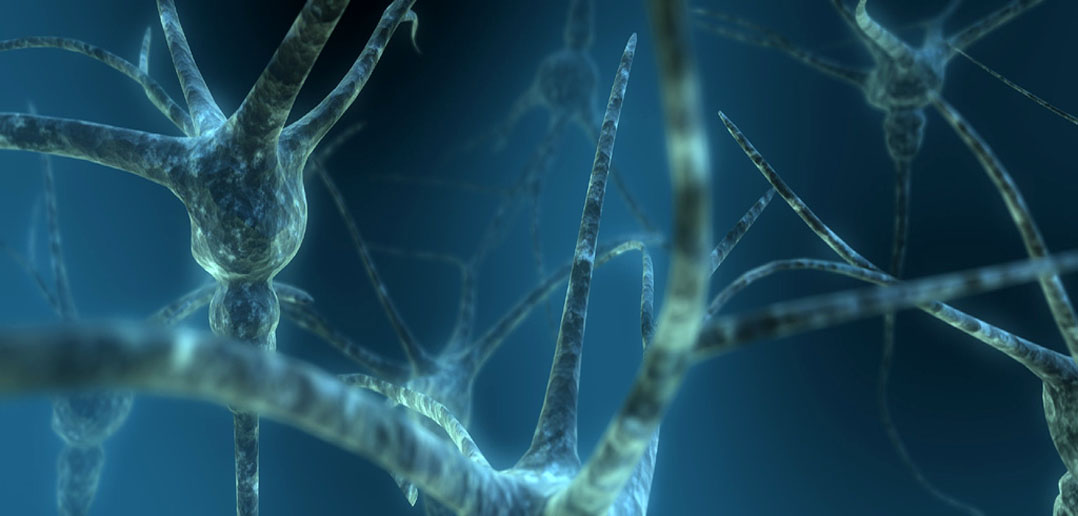

By so doing, more energy could be extracted from the same quantity of plant stuffs or meat than from eating them raw. We evolved and learned a clever trick in our evolutionary past in order to find the time to feed our neuron-packed brains: we began to cook our food. Nevertheless, the brains of almost all other vertebrates are responsible for a mere 10 percent of their overall metabolic needs. That sounds like a lot, but a single cupful of glucose can fuel the brain for an entire day, with just over a teaspoon being required per hour. It needs 500 calories a day to function, which is 25 percent of what our entire body requires. Our 86 billion neurons need so much energy that if we shared a way of life with other primates we couldn’t possibly survive: there would be insufficient hours in the day to feed our hungry brain. We are the new normal in evolution while the great apes are the evolutionary oddity that requires explanation.īut we remain special in another way. Instead, it is the great apes-gorillas and the orangutan-with brains far smaller than would be expected in relation to their body mass. When one draws a correlation between body mass and brain mass for living primates and extinct species of Homo, it is not humans-whose brains are three times larger than those of chimpanzees, their closest primate relative-that are an outlier. What is perhaps more astounding than that number itself, one that is actually less than the often assumed 100 billion neurons, is that 86 billion makes us an entirely typical primate for our size, with nothing special about our brain at all, so far as overall numbers are concerned. Suzana Herculano-Houzel suggests that the human advantage lies in the 86 billion neurons that are packed into a mere 1,400 grams of matter in the human brain. Is human distinctiveness attributable to mirror neurons, quantum mechanics, or the inferior frontal gyrus (or fold) in the cortex? What a relief to have a book that provides an answer as simple as it is convincing.


During the last decade we have had a steady stream of books purporting to explain how the brain works and its relationship to mind, consciousness, creativity, and many other qualities that might give us humans an advantage over other types of animals. Reading about the brain is as fascinating as it is demanding. Suzana Herculano-Houzel, head of the Laboratory of Comparative Neuroanatomy at the Federal University of Rio de Janeiro, August 2015


 0 kommentar(er)
0 kommentar(er)
